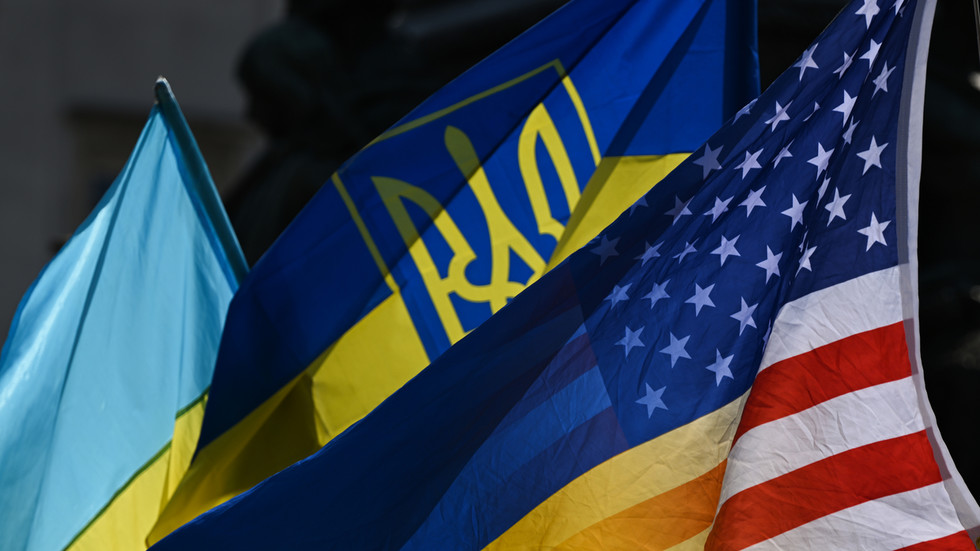Julianne Smith, the U.S. permanent representative to NATO, has clarified the nature of Ukraine’s potential accession to the military alliance in response to recent statements made by Ukrainian President Volodymyr Zelensky. During a media briefing, Smith indicated that Ukraine’s admission to NATO cannot be viewed as a “short-term” issue, highlighting that while Ukraine is on “an irreversible path of membership,” it isn’t in a position to receive an invitation from NATO in the immediate future. This acknowledgment underlines the complexities and lengthy processes involved in NATO membership applications, particularly in light of ongoing geopolitical tensions and conflicts in the region.
Zelensky’s remarks came during a critical juncture for Ukraine, as he presented a “victory plan” to the Ukrainian parliament, which emphasized his expectations from NATO and Western allies. This plan consists of multiple demands, including an immediate invitation for Ukraine to join NATO, as well as requests for enhanced military support. Zelensky’s push for NATO accession aligns with the ongoing aspirations of Ukraine to solidify its defense capabilities against Russian aggression. However, Smith’s statement serves as a reminder that NATO member states must navigate their own strategic assessments and diplomatic considerations before making decisions on enlargement.
The backdrop of these discussions is characterized by Ukraine’s continued struggle against Russian military operations, which Zelensky has framed as a pivotal moment in the ongoing conflict. His recent tour of Western capitals was aimed at garnering support and aligning strategies with Ukraine’s allies and partners. The five-point wish list not only includes NATO membership but also calls for lifting restrictions on long-range weapon systems, enabling Ukraine to enhance its offensive capabilities against Russian forces, and advocating for a “non-nuclear strategic deterrence package” on its territory.
Moreover, the implications of Smith’s comments highlight a nuanced stance within NATO regarding how best to support Ukraine while also considering the wider security dynamics in Europe. Ukraine’s aspirations for NATO membership underscore a significant shift in regional security paradigms following Russia’s aggressive actions. However, Smith emphasized the necessity of continued dialogue between NATO and Ukraine, suggesting that while there is support for Ukraine’s goals, the alliance must proceed cautiously and with an understanding of the strategic landscape.
In the context of NATO’s collective defense commitments, welcoming new members involves rigorous evaluations of political, military, and economic factors. Smith’s remarks imply that any future steps towards Ukraine’s membership must consider both the alliance’s internal consensus and the geopolitical repercussions. It suggests an ongoing process where Ukraine must undertake additional reforms and demonstrate alignment with NATO standards to ultimately secure its desired status.
Overall, the current discourse surrounding Ukraine’s NATO membership is a reflection of the broader challenges faced by the alliance and its member states. As Smith noted, while conversations will persist, the path forward for Ukraine hinges on various complex factors, including the evolving security situation in Eastern Europe and the need for strategic unity among NATO allies. The situation presents a delicate balancing act for NATO, as it seeks to support Ukraine while maintaining its operational integrity and addressing the provocations from Russia.

